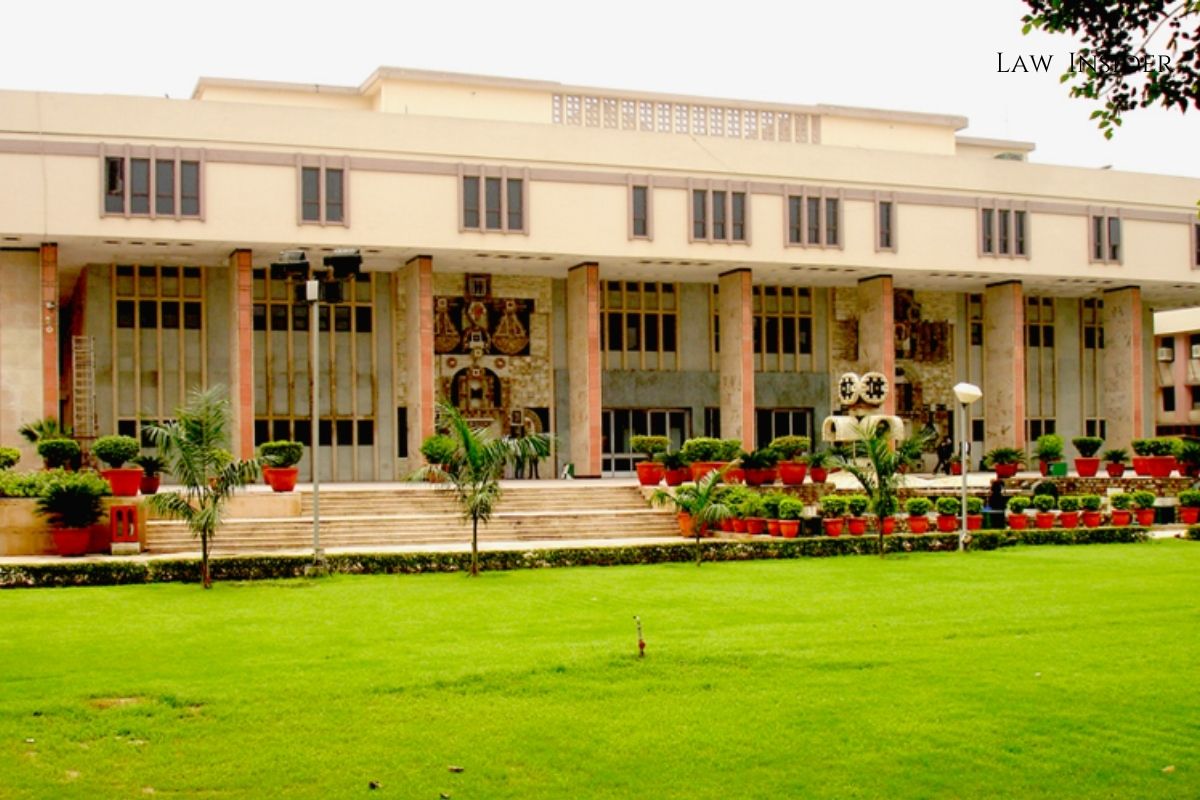Bhuvana Marni
Published on: October 4, 2022 at 18:18 IST
In a case involving the living conditions of women at Adhyatmik Vidyalaya, an ashram in Rohini established by the self-styled godman Virendra Dev Dixit, who has been charged with sexual exploitation, the Delhi High Court has asked the assistance of former IPS officer Kiran Bedi.
In April, the court requested that Bedi, the former lieutenant governor of Puducherry, oversee a commission it had established for the welfare of the women prisoners at Vidyalaya.
In addition, the committee was asked to evaluate their emotional and physical well-being.
The Committee is led by Additional Sessions Judge Rohini in the North-West.
The division bench, comprised of Chief Justice Satish Chandra Sharma and Justice Subramonium Prasad, issued the judgment on September 22 and remarked that Bedi may not have been aware that the matter had been listed even though she had previously agreed to monitor the committee.
The High Court Registrar General was ordered by the court to inform her of the October 7 hearing date as a result. The attorney for the Delhi Commission for Women promised to let Bedi know about it as well.
In an order passed recently, a bench of Chief Justice Satish Chandra Sharma and Justice Subramaniam Prasad said, “Ms. Kiran Bedi is requested to assist this Court in the matter on the next date of hearing,”
The court further ordered that a copy of the committee’s report be sent to all parties so they can comply with any instructions or suggestions “in the larger interest of the Adhyatmik Vidyalaya”.
The court also entered a report that the committee had written into the record and had already ruled that the ashram must regularly grant the Committee access so that they may freely investigate the facility and converse with the residents.
In addition, the committee may freely consult with medical professionals, psychologists, and other specialists to determine the inmates’ physical and mental health, according to the court’s ruling.
The bench had previously noted that as women and children are a vulnerable demographic, considerable vigilance is needed to maintain control over the operation of such organisations.
At the same time, it was made clear that the institution was allowed to engage in its religious and spiritual pursuits as long as none of them violated any inmates’ or anyone else’s basic rights or other rights.
After hearing a PIL submitted by an NGO, the High Court directed the Central Bureau of Investigation to investigate the alleged unlawful imprisonment of women and kids at the ashram in 2017.
Title: Dumpala Meenavathi & Anr. vs. Union of India & Ors.

